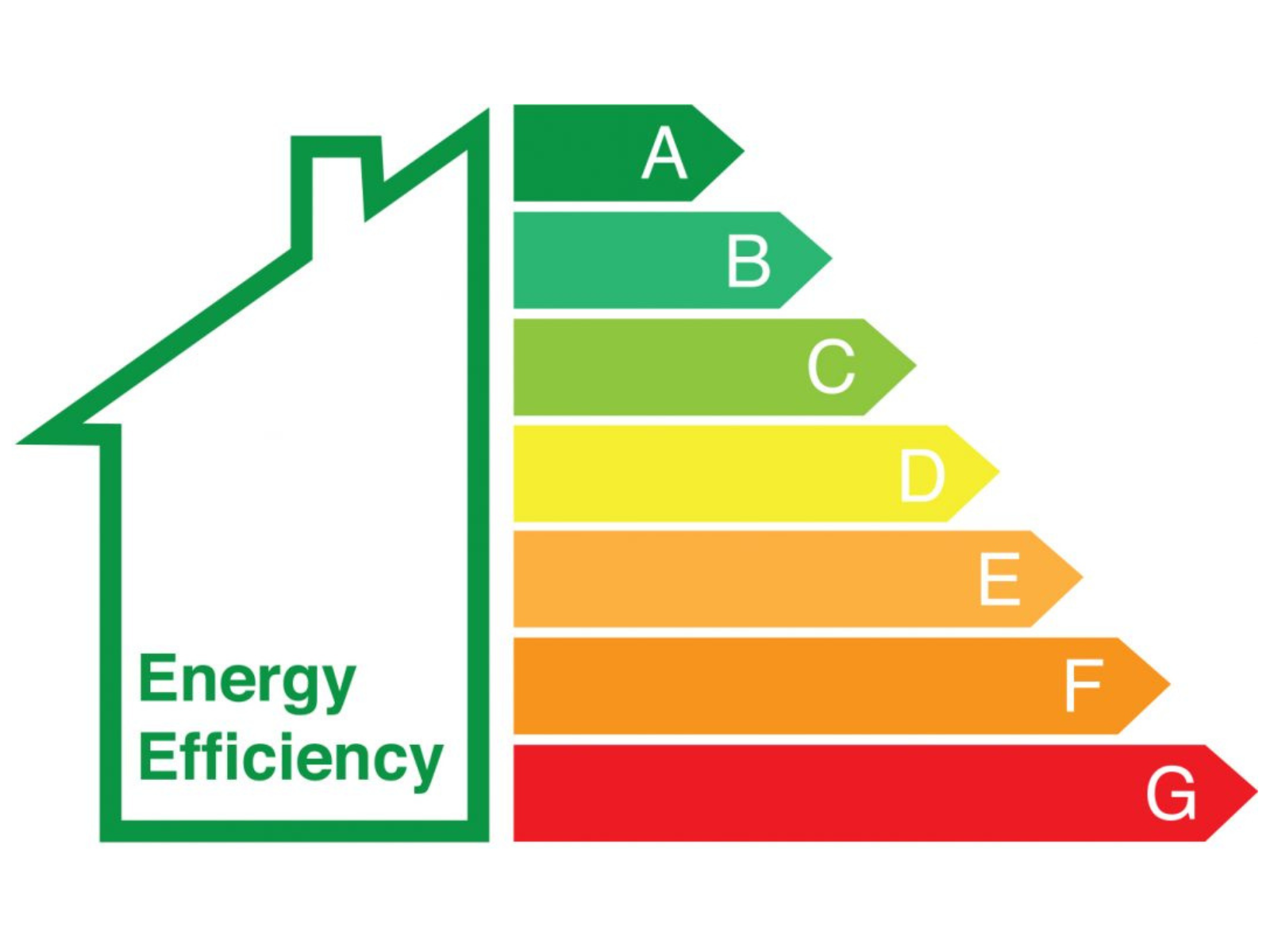Energy Performance Certificates (EPCs) are a relatively new thing, so both those who haven’t been in the property market for a while and first-time buyers will often have questions.
EPCs were introduced back in 2007 in order to increase public awareness of the benefits associated with energy efficiency.
What is an Energy Performance Certificate (EPC)?
Energy Performance Certificates (EPC) are a report on the current standing of a given property in terms of the energy it uses.
The data found within each EPC is represented by way of a traffic light system, graded from A (highly efficient) through to G (inefficient). It also includes details of how your home’s energy efficiency can be improved, how much the work will cost (on average), and highlights the savings you could potentially enjoy should you go ahead and have the work done.
What is included in an Energy Performance Certificate?
- Current energy costs and potential savings
- Your energy efficiency rating
- Recommended measures to improve efficiency
- Performance Summary
Am I legally obliged to have an EPC?
If you are planning to sell or rent the property in question, yes. In fact, sellers and landlords who fail to obtain a valid EPC within seven days of marketing their property can be fined up to £5,000. In short, EPCs have been a legal requirement since 2008.
How do I obtain an Energy Performance Certificate?
If you are using an estate or letting agent, they will often take care of obtaining an EPC for you. Should you wish to go it alone, however, an EPC must be carried out by an accredited domestic energy assessor. Visit the gov.uk page, Getting a new energy certificate, to find yourself a local qualified inspector.
How long is an EPC valid?
Energy Performance Certificates are valid for 10 years from the date of issue.
A point that many do not realise is that EPCs are awarded to the property, not the person who asks for the report to be compiled, so they can be used over and over during that 10-year period by whoever currently owns the home.
Credit: Pettyson.co.uk




Share this with
Email
Facebook
Messenger
Twitter
Pinterest
LinkedIn
Copy this link